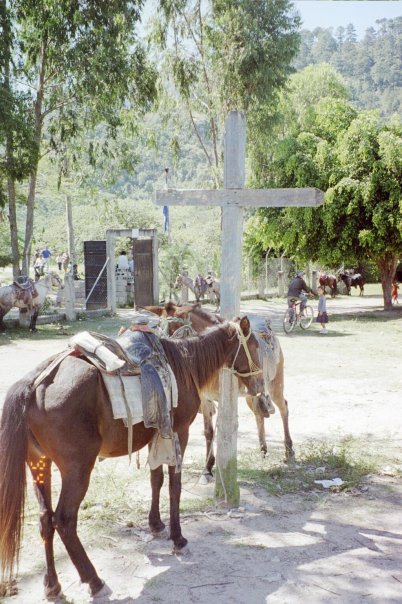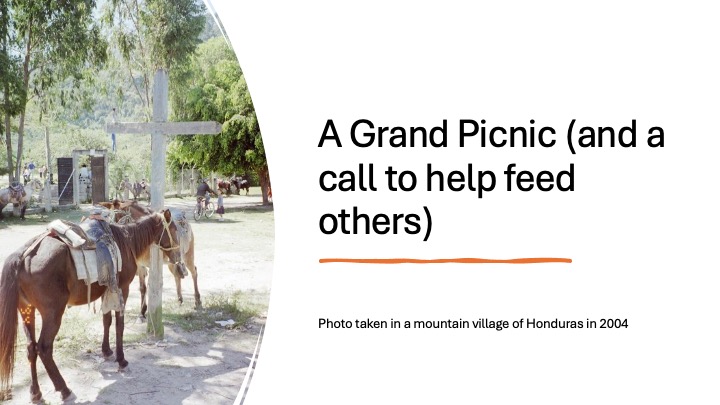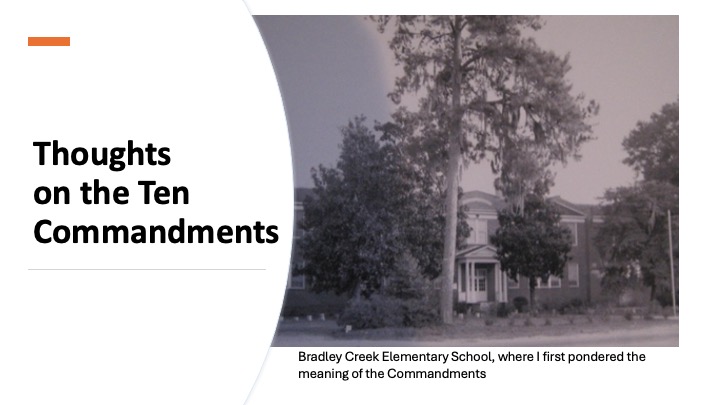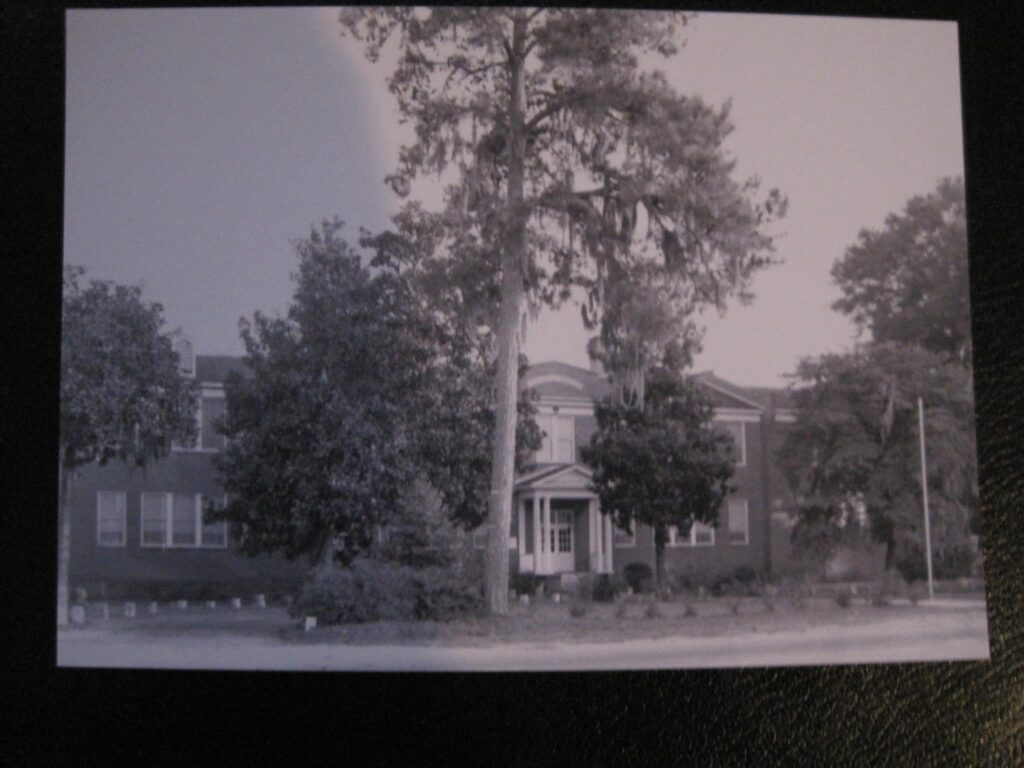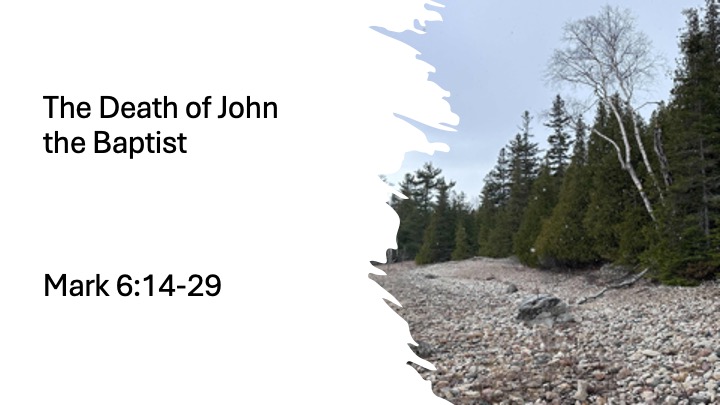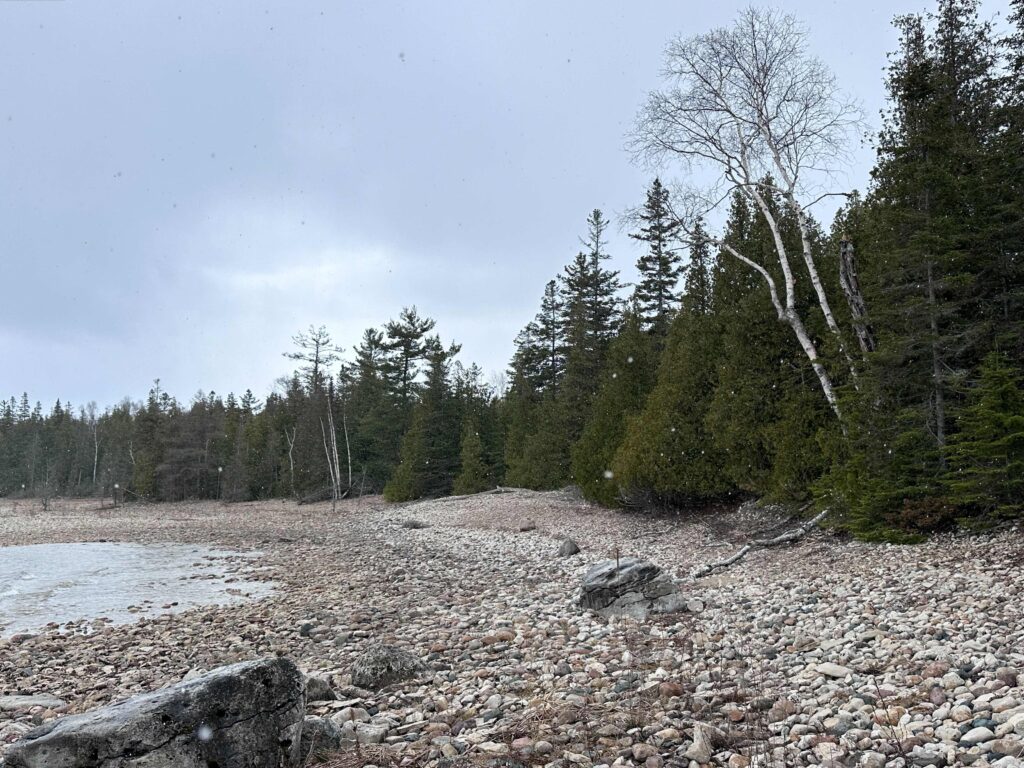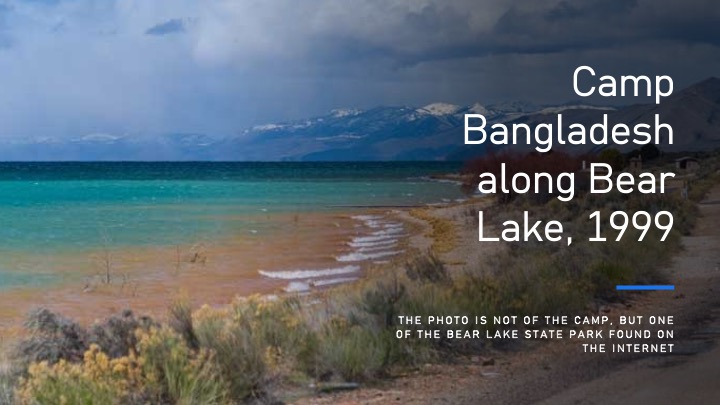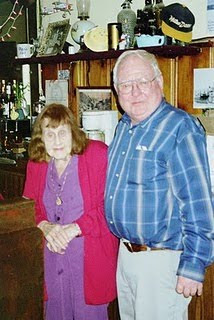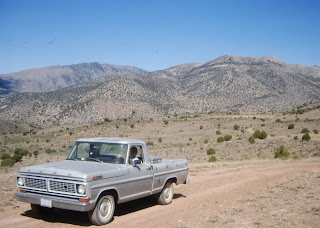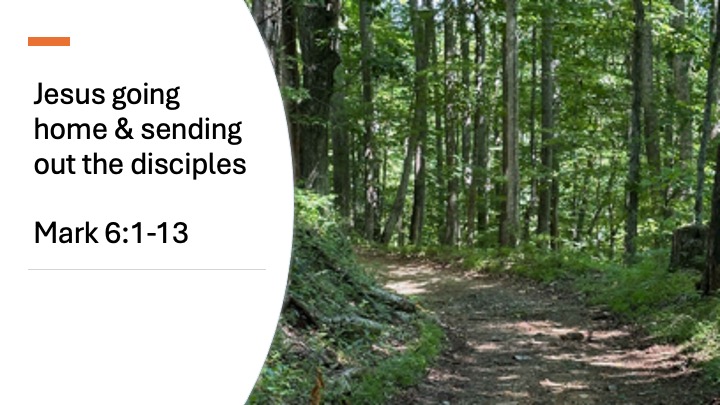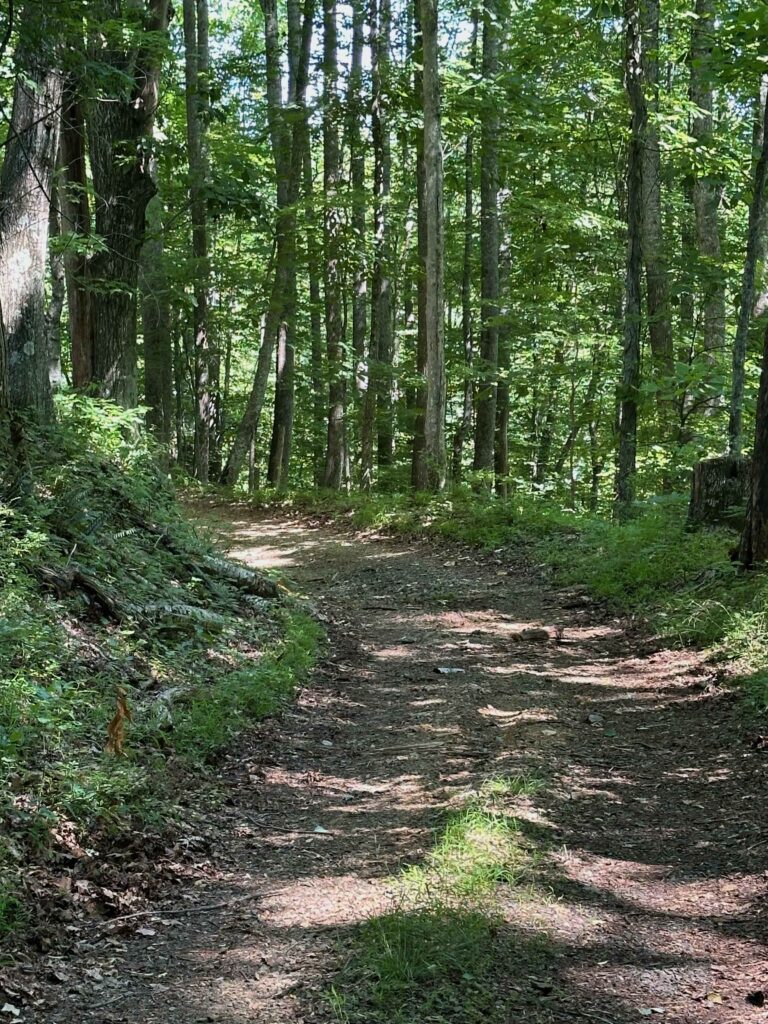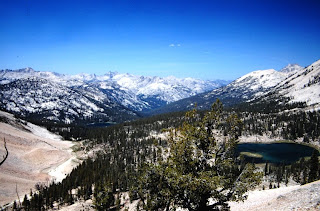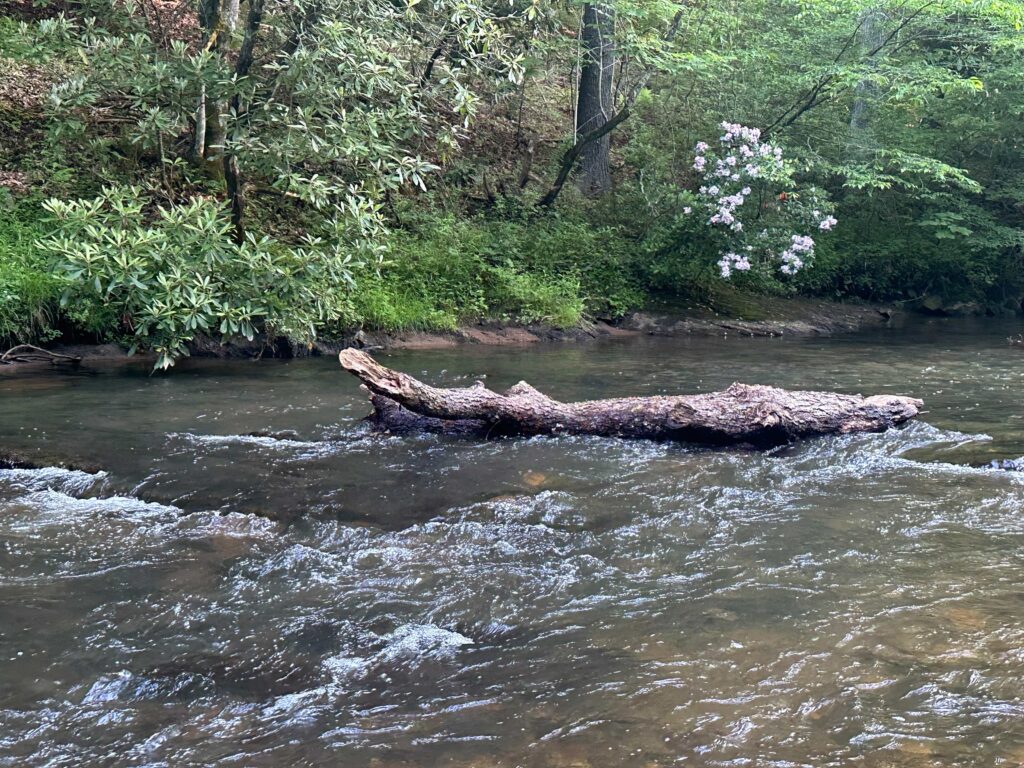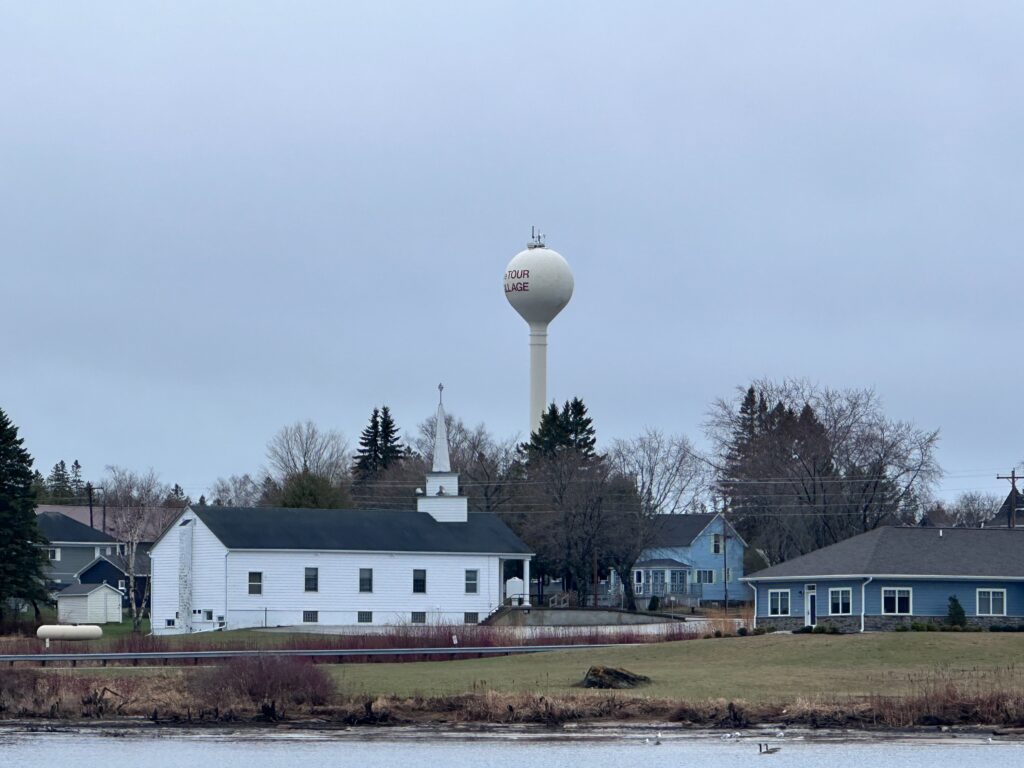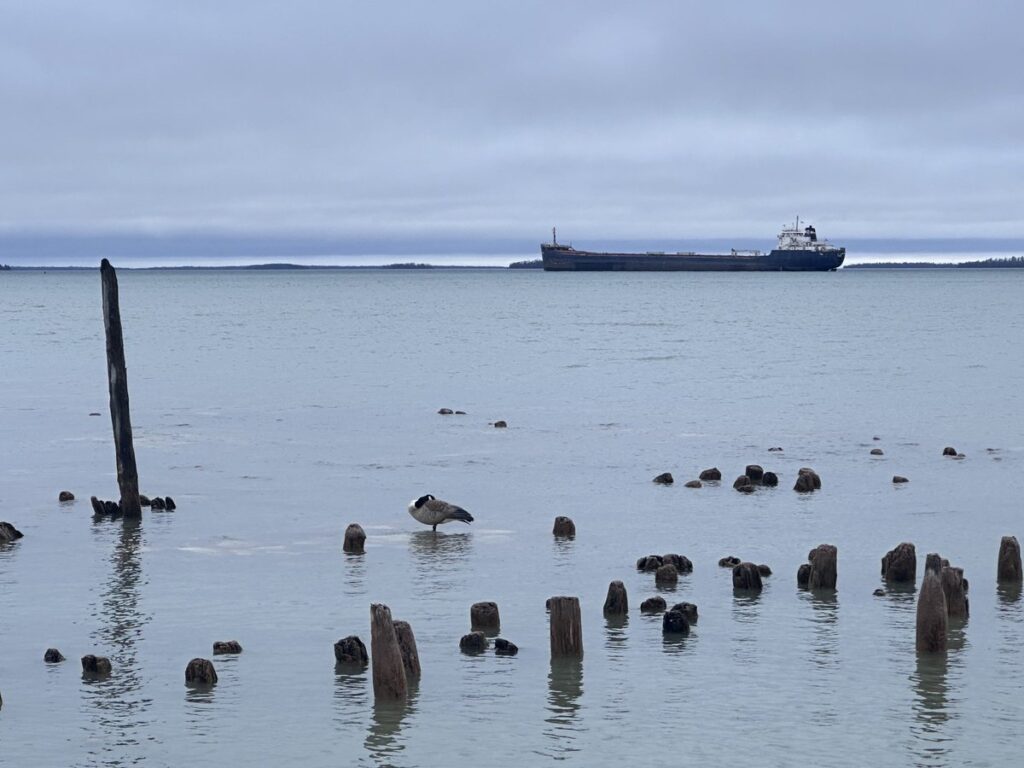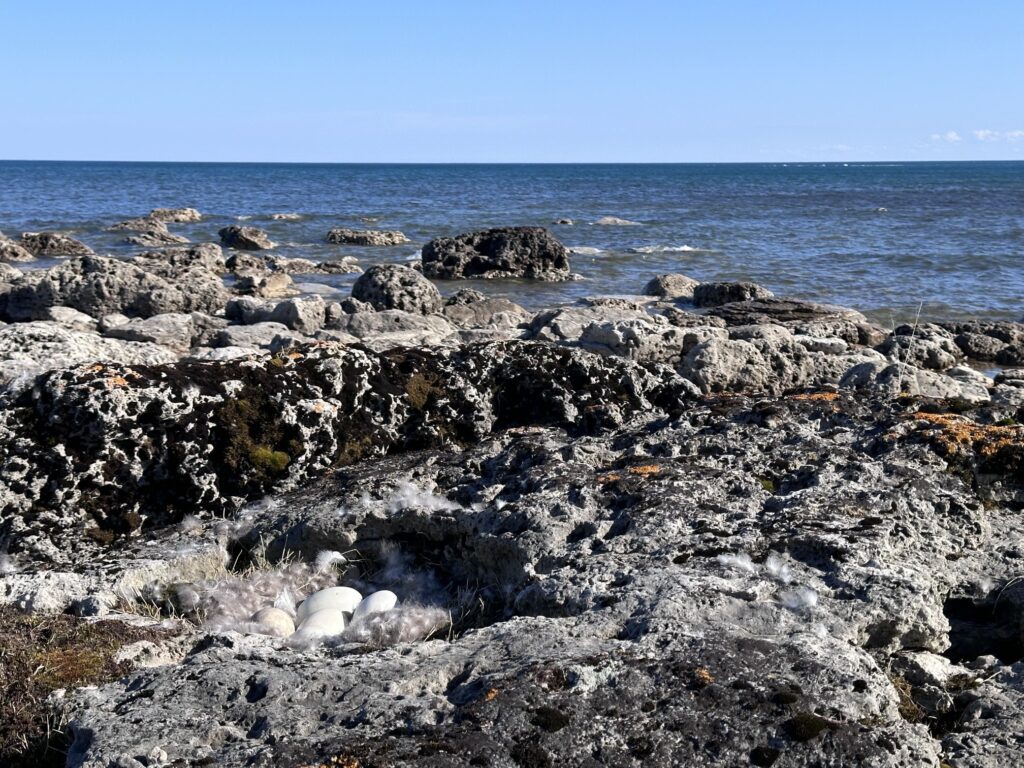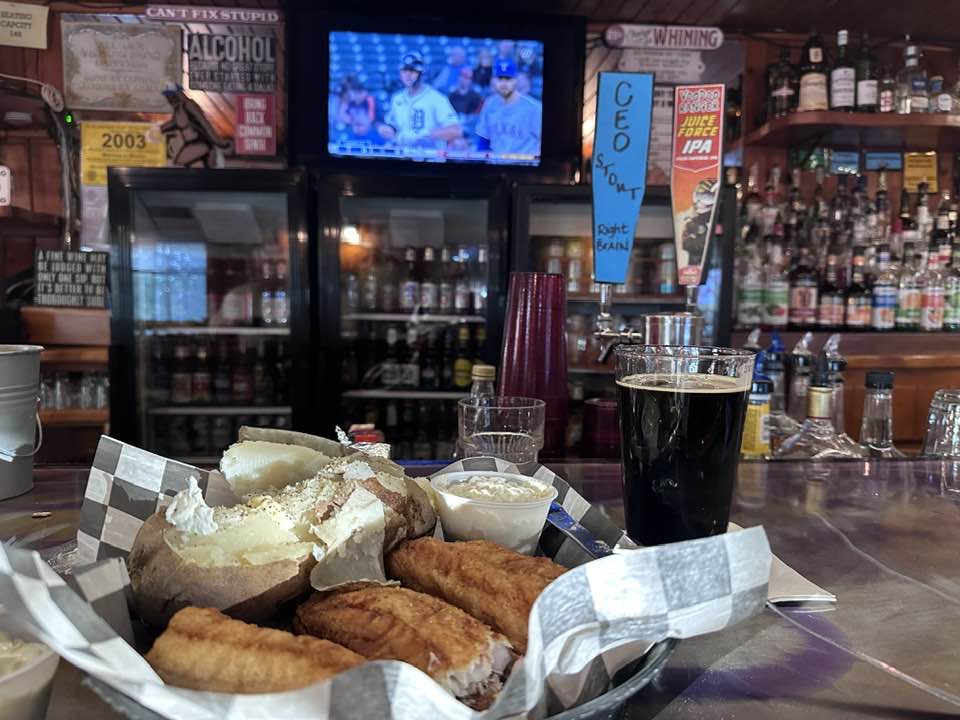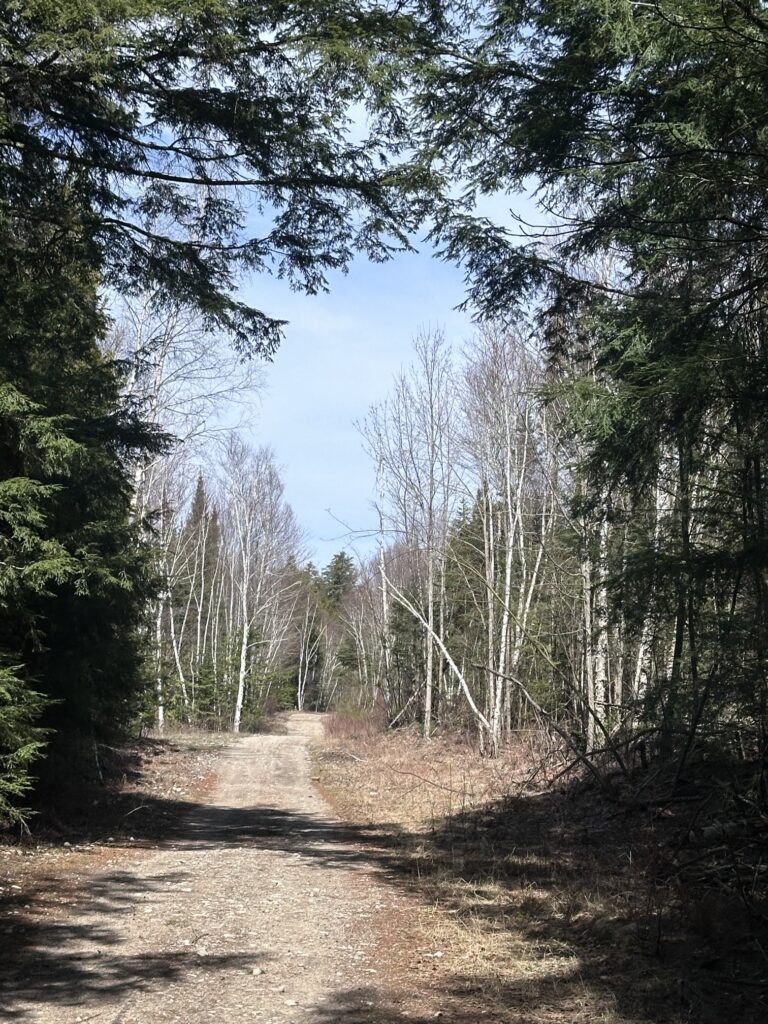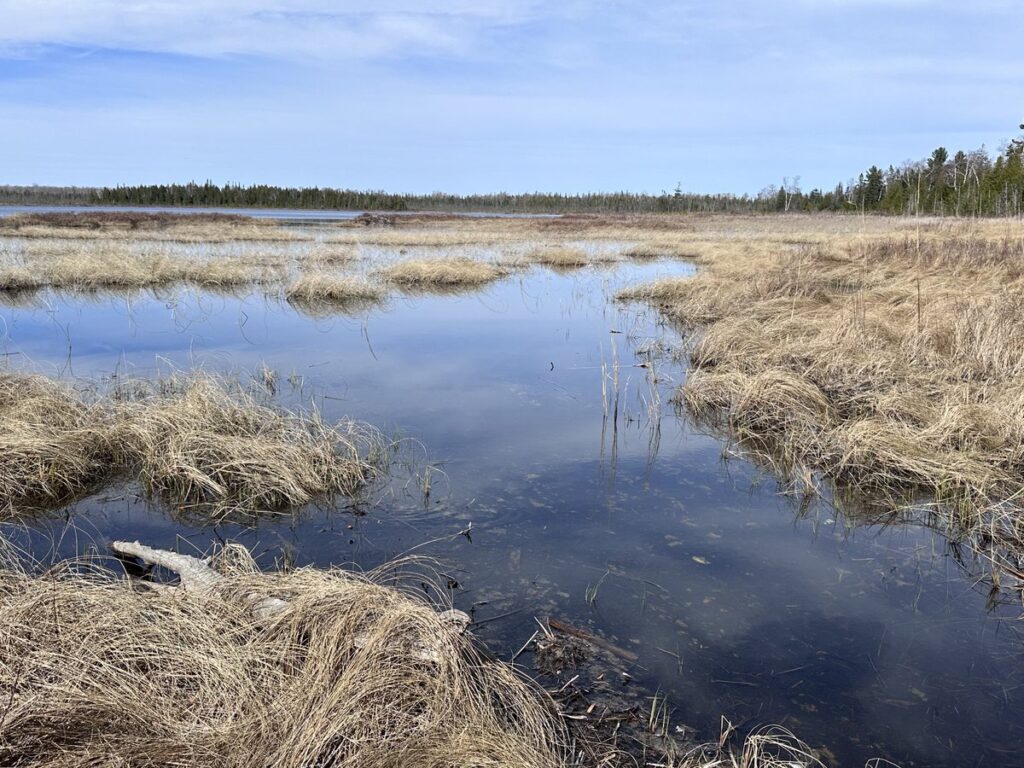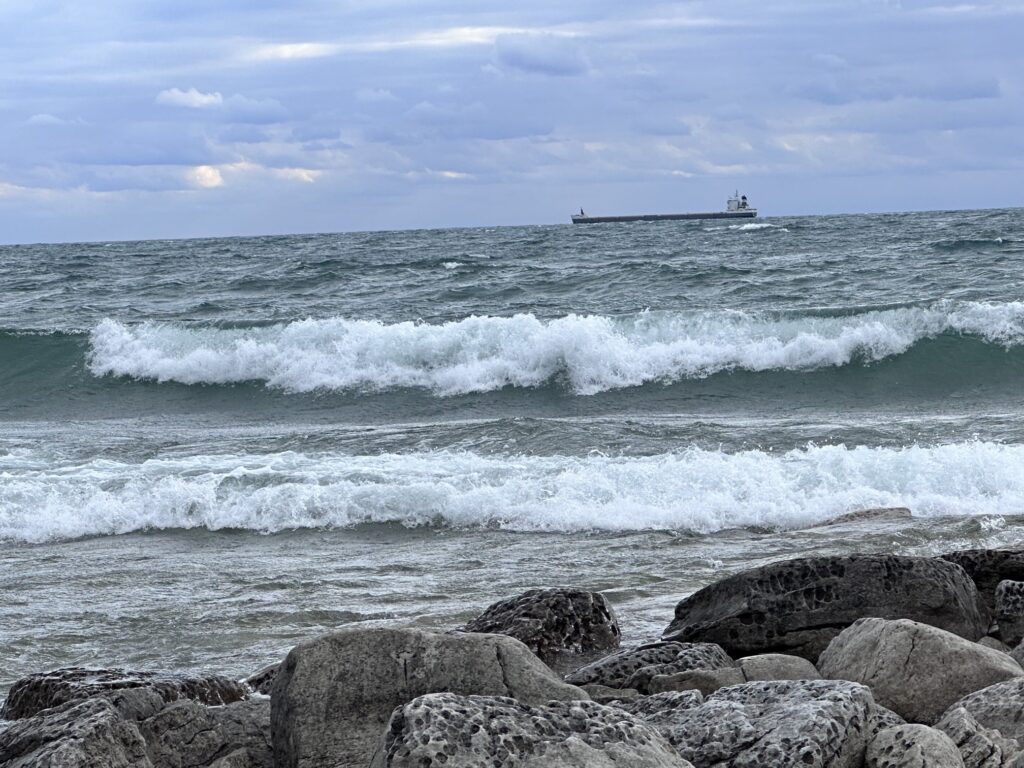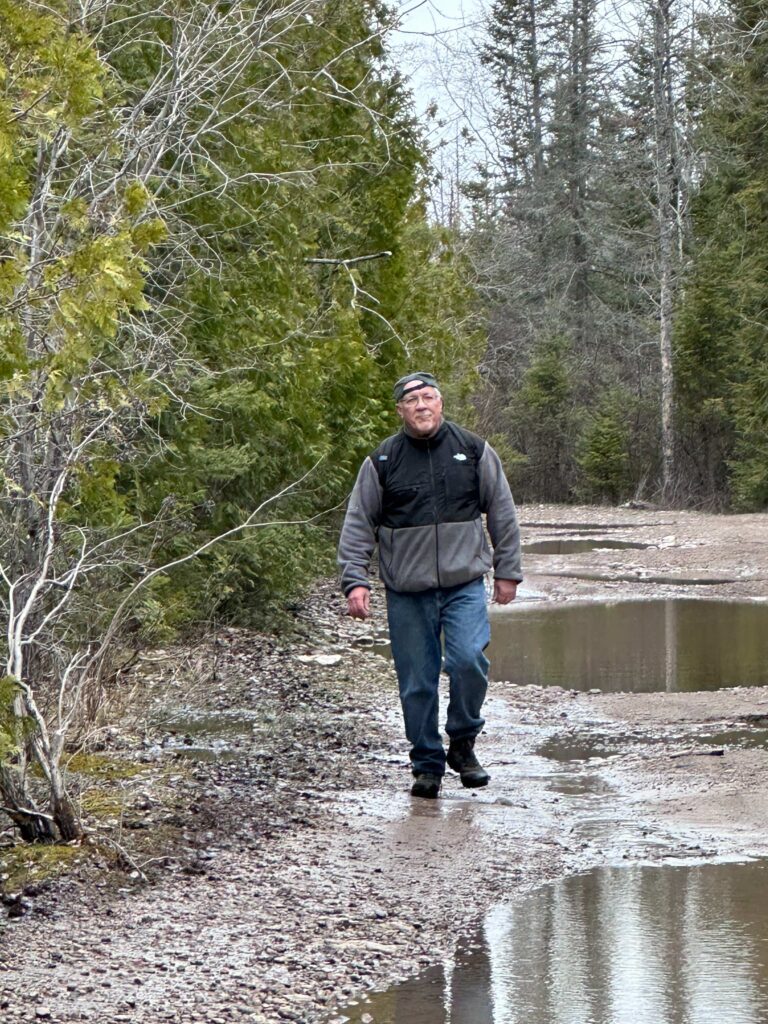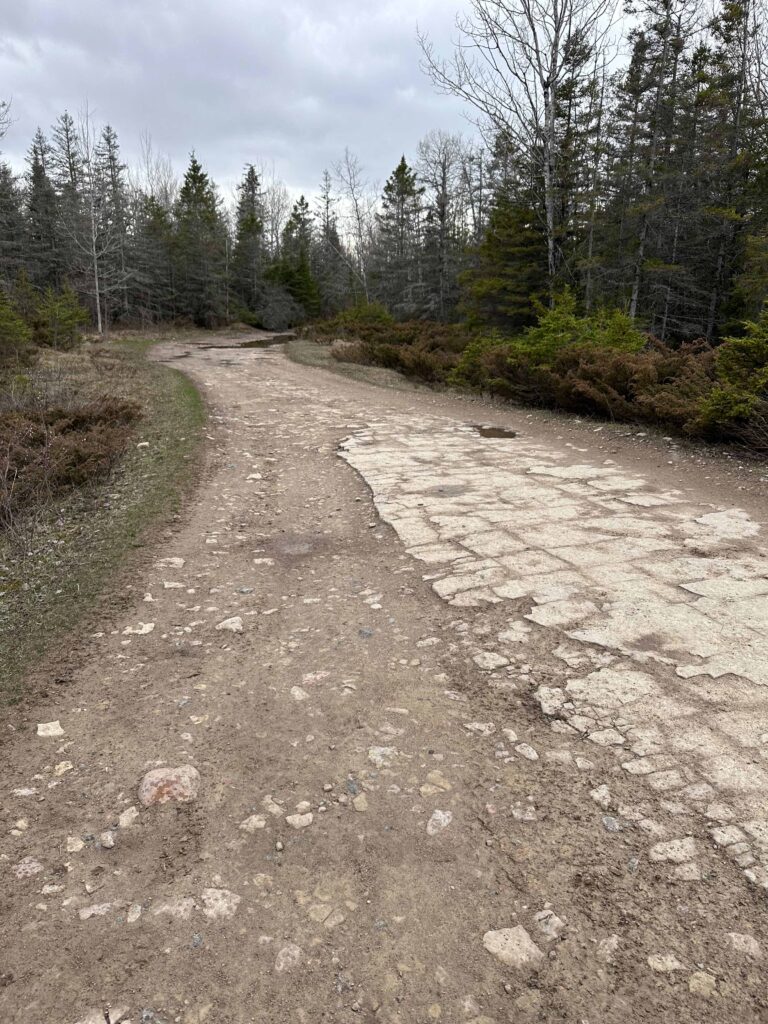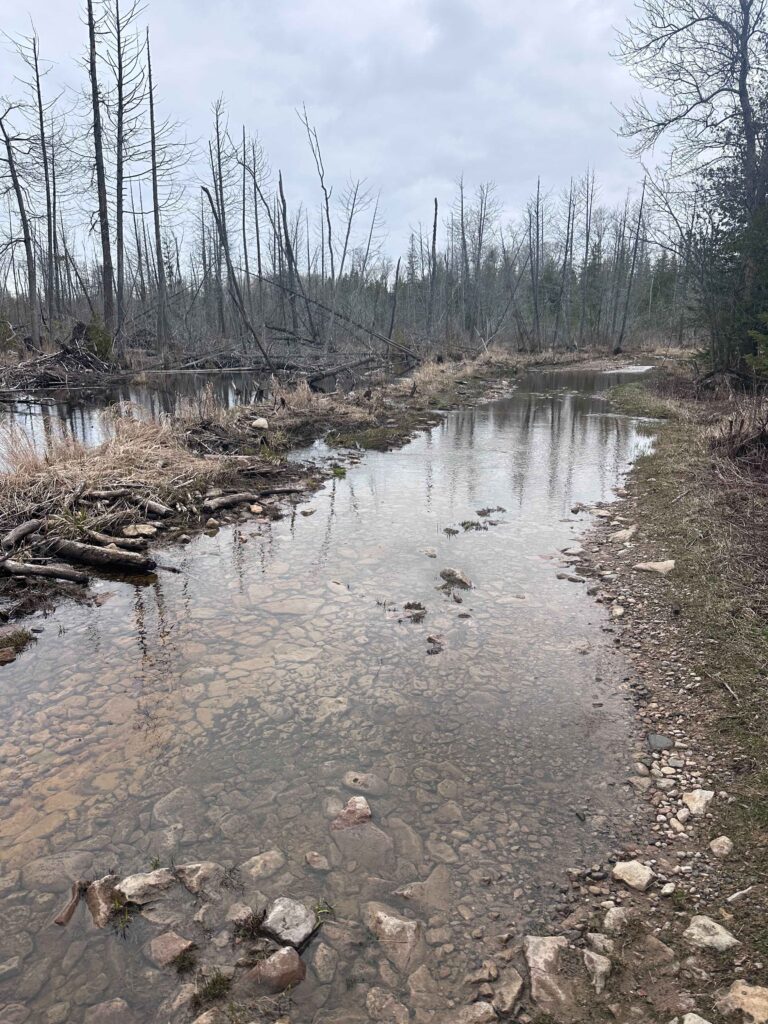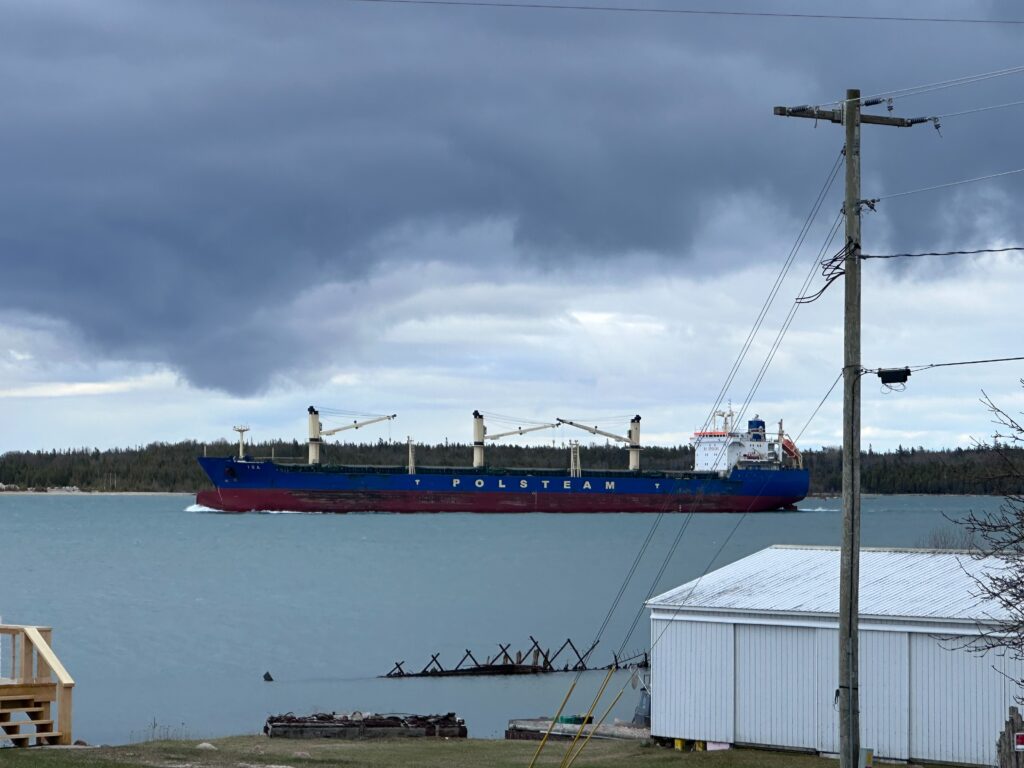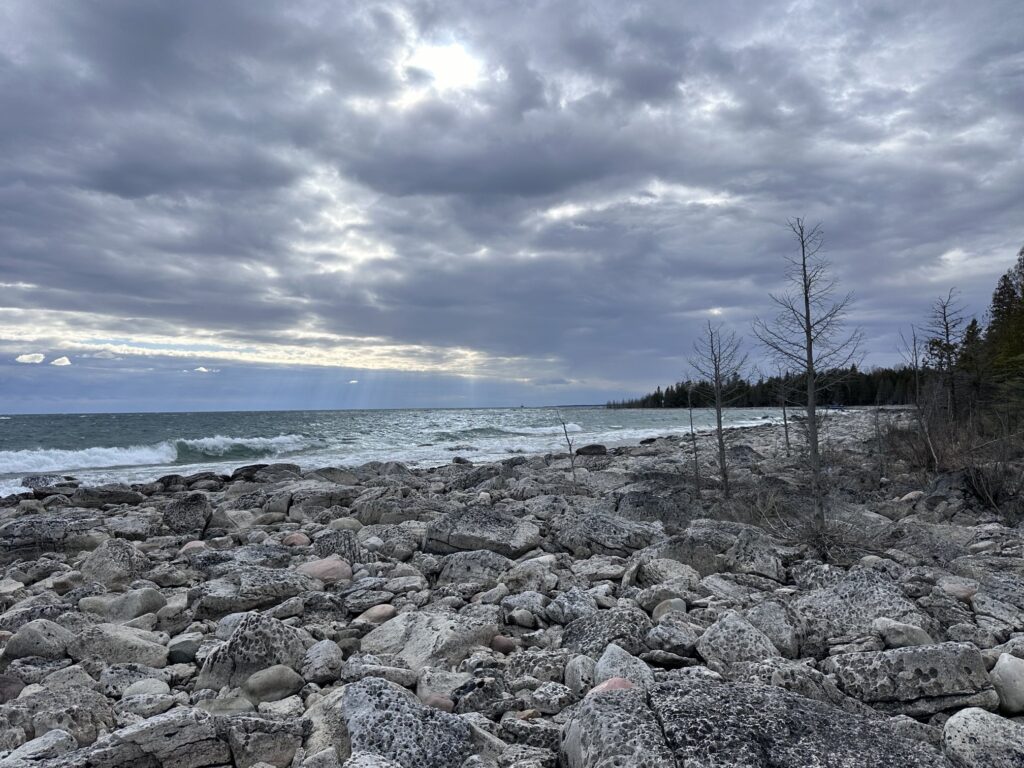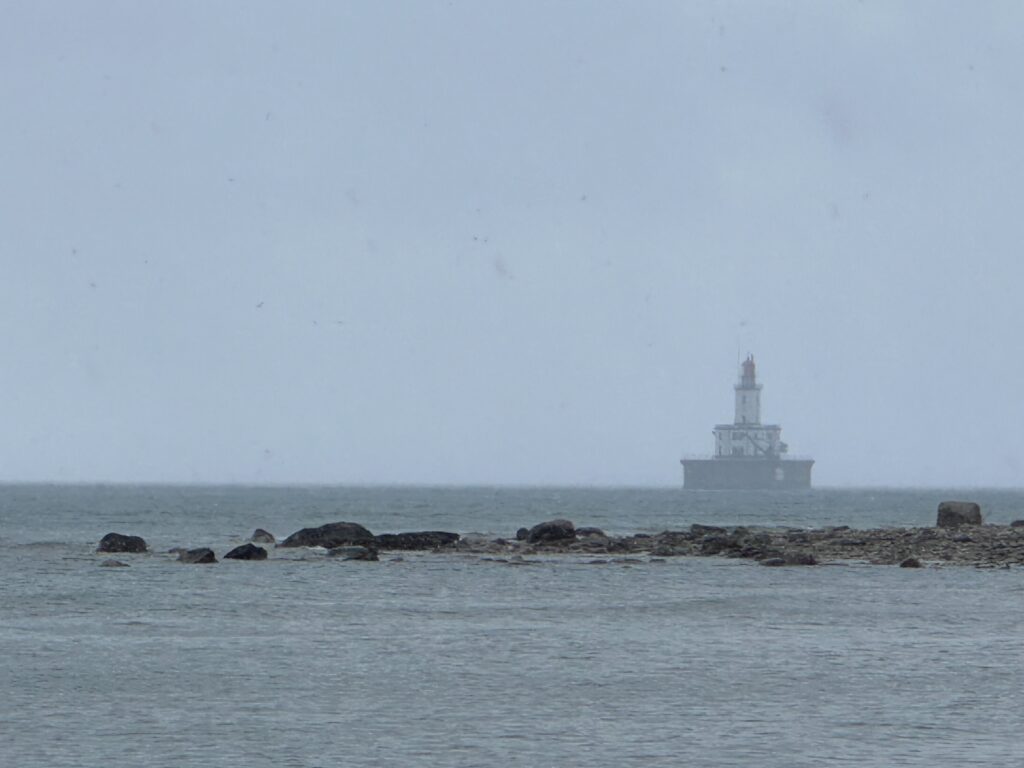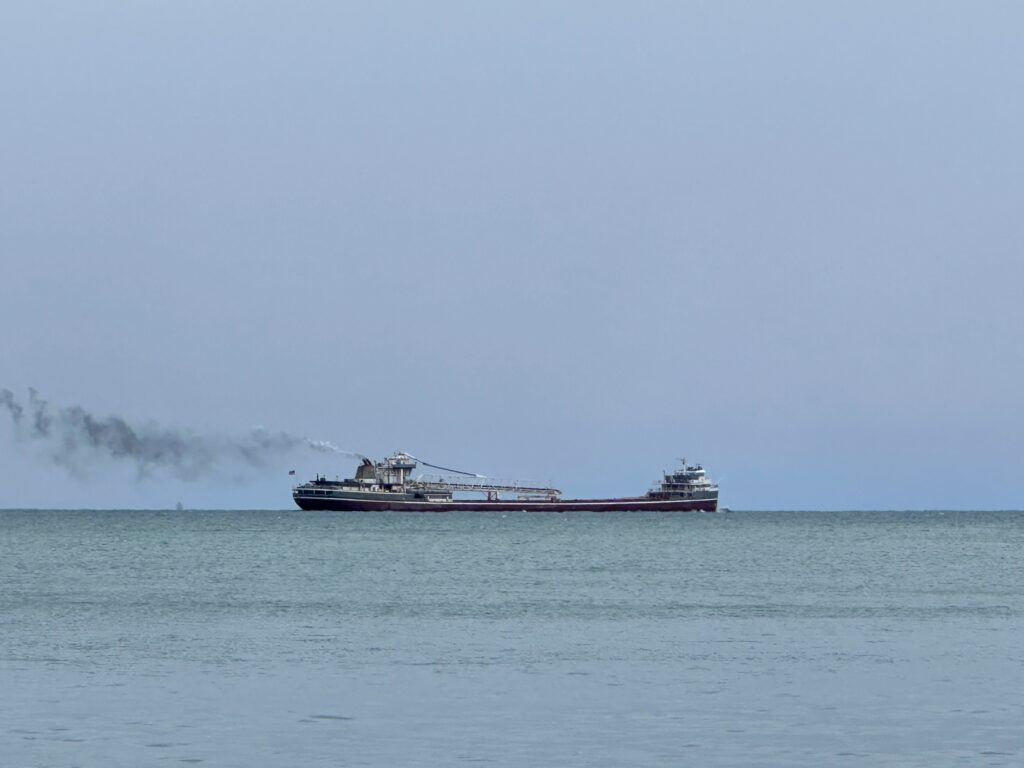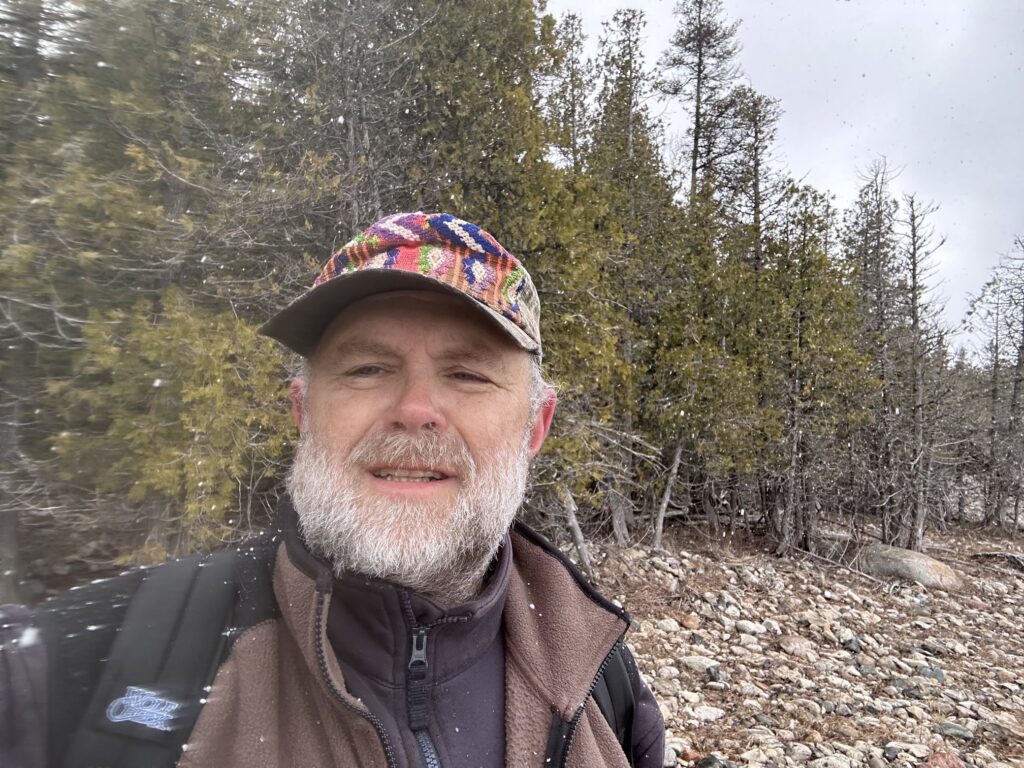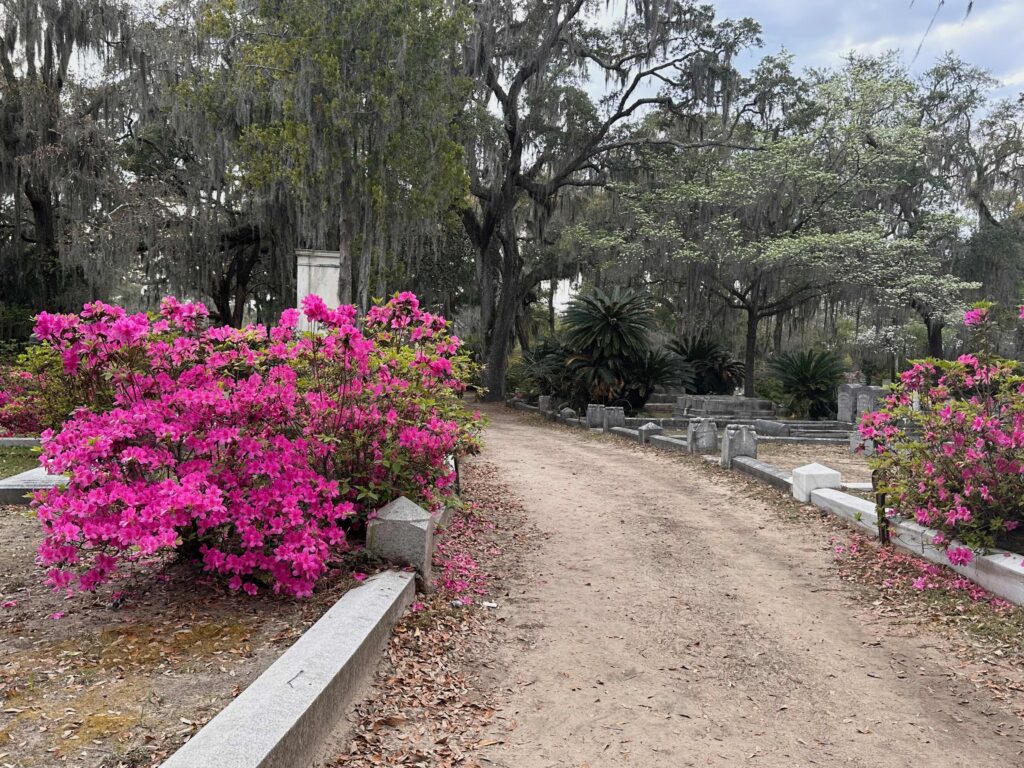Jeff Garrison
Mayberry & Bluemont Churches
June 30, 2024
Mark 6:30-44
At the beginning of worship:
We live with the mindset of scarcity. We ponder questions like, can I afford this? Will I have enough to retire, to live well until my death? While it’s good to maintain control over our expenses, some people become so concerned and worried over finances that it consumes their lives. They have no faith. Some build up massive bank accounts and then die. Others become hoarders, holding on to everything, and leaving their kids with a mess to clean up.
While scarcity is real in our economy, I want you to ponder this: abundance is the foundation for Jesus’ economy.
Before reading the scripture:
Over the past two weeks, I’ve spoken about Mark again creating a sandwich narrative in the passage we’re exploring. The first piece of bread had Jesus send out the 12 on a missionary adventure across Galilee. Then, while they’re gone, we have the filling. Mark discusses John’s death at the hands of Herod, which we looked at last week. Now the disciples return, as we’ll see today, which completes the sandwich. Part of Mark’s intention here, linking their missionary activity with John’s death, may have been to stress the danger of discipleship. There are forces in the world against the good news and sometimes the cost of discipleship is high.
But the return of the disciples sets the stage for another miracle and more insight into the nature of discipleship. It also provides a contrast to Herod’s banquet which led to John the Baptist’s execution. While we’re not given the menu for Herod’s banquet, we can assume it was rich with a variety of meat and bread, fruit and wine. Royalty dinners are elegant affairs.
Jesus throws a different kind of banquet. He feeds the multitude with a simple fare. Bread and a few sardines, a typical lunch of a Palestinian peasant. The simple things are a blessing. Let’s look at the text:
Mark 6:30-44
The Galilean crowds flock to Jesus. We see this reoccur throughout the opening six chapters of Mark’s gospel. Even when their religious leaders challenge Jesus and those outside of Galilee fear his power (as we saw in the fifth chapter[1]), the folks in Galilee can’t get enough of Jesus.
The twelve disciples have just returned from their independent mission work and Jesus suggests they get away. Maybe he wants to debrief them as he gives them a break. They’ve been so swamped that they’ve not even had time to eat.
So, Jesus and the twelve, perhaps borrowing one of the fishermen disciples’ boats, sail down the lakeshore in search of a secluded place to land. But seeing them slip out of the harbor, the crowds follow the boat from the shoreline. The way Mark describes it, we can envision someone shouting, “There they are.” Pointing to a boat on the lake, a crowd builds. The crowd moves up and down the hills along the shoreline, following the boat. Maybe the wind was light, so the crowd can keep up with the boat bobbing offshore. By the time the boat steers for shore, the crowd had beat Jesus and the disciples, and are their ready to catch the lines and help secure the boat.
While Jesus could have been upset that his plans for a getaway with the disciples had been ruined, he certainly didn’t let it show. Instead, he had compassion. Drawing on an Old Testament metaphor, he describes them as “sheep without a shepherd.”[2]So Jesus begins to teach.
There is a useful message here. While we may do all kinds of planning in the church, often our most important ministry happens during interruptions. While plans have their place, as follows of Jesus, we must be open to God’s Spirit working by bringing to us opportunities to share with others. If we are so busy or so focused on a goal that we can’t pause and listen to the needs of others, we’re not following Jesus. We’re doing our own work. Look for those around us who are lonely and troubled, needy and confused, and offer a kind word or gesture toward them.
Of course, Jesus seems to have gotten a bit carried away with his teaching. The sun makes a beeline to the western horizon. His disciples become concerned. They need to eat and there are no McDonalds or grocery stores nearby. They’re in the wilderness. Food is a real concern.
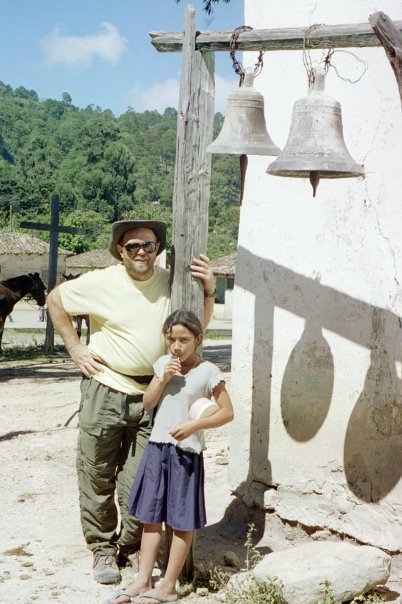
Years ago, I was on a mission trip in Honduras. One day, we took a medical team up into the mountains to a village 2000 feet above the town of Jesus de Otoro. I was the logistic person, so I had the pleasure of setting up lunch for the physicians and nurses operating the clinic. The lunch was being made back in town and was to be delivered to us by noon. The clock struck 12 o’clock and no lunch. Waiting, I tried to reach someone back in town. Finally, I got a hold of someone, and was assured lunch was on its way. In fact, they said it should have already arrived. We waited and waited.
Finally, another guy and I went to the two little stores in town, brought junk food (mostly chips, crackers, candy bars, and soft drinks). At least the workers would have something to eat. Lunch arrived later that afternoon, as the car had broken down on the way up the mountain.
Jesus shows us that it’s important to take care of physical needs. Sometimes we do the best we can as I did in Honduras.
Jesus tells the disciples that instead of him saying a benediction and sending the crowd on its way, they should feed the crowds.[3]This stuns the disciples. How can they feed so many people? Even if they had the money, even 200 denarii (the equivalent to a year’s wages), there would be no place to buy food. So, Jesus, realizing the disciples are not able to take care of the needs of the crowd, asks them to inventory the food available. It’s not much, just five small loaves and a couple pieces of fish.
But Jesus takes control of the situation by having the disciples organize the crowd into groups. Having people in groups help ensure all will be fed. Then he looks up to heaven and says the typical Jewish blessing upon the food.[4] We’re not told that he asked God to multiply the food, only that he gave thanks for it. Then he began to break up the loaves and fish, feeding everyone.
We’re told that all were fed and were filled. The “all” here is important.[5] No one is left out. Jesus isn’t concerned if there were those who might not have been included because of kosher laws or anything like that. He wants everyone to have their fill. And, when dinner is over, the disciples collect the leftovers and there’s a basket for each of them.
Another interesting insight into this story is that the crowd may not have even known it was a miracle. Jesus has everyone sitting in groups and its he and the disciples that are around the bread being broken. The bread comes from the huddle of Jesus and the disciples, not in view of most people.[6] Jesus didn’t do this feat to show off. His purpose was to care for the needs of people.
We learn a couple of things from this passage. First, Jesus’ heart breaks when he sees people wanting to grow closer to God but in need of a leader. He wants his disciples to show and to do the work he’s called them to do. Our main priority, as followers of Jesus and collectively as the church, is people in need of God. We need to be open to listening to people’s questions and to encourage their search.
A second thing we learn is Jesus’ concern for people’s physical needs. Jesus doesn’t want people to go hungry. You know, the story of the feeding of the multitudes can be found in all the gospels.[7] Feeding the hungry has always been an important ministry of the church.

Even today, both Mayberry and Bluemont encourage people to collect 2 cent a meal and give it as a special offering to help feed those who struggle with food security.[8] While 2 cents may not be much, if we all did it for every meal, it would provide roughly $22 a year per person. When you multiply that by the number of people in our families and in our churches and throughout the presbytery, we can make some nice size grants to those ministries providing hungry relief in our communities and around the world.
Furthermore, a gift of 2 cent a meal is certainly not something we should brag over. Instead, think of it as just doing our part to care for others.
While it doesn’t matter how much you give, just placing a jar at your table and dropping a few coins in at every meal should remind us of Jesus’ concern for the food security of others. And the act of dropping in coins may also make your prayers more real, for we are prompted to consider our responsibilities for the wellbeing of others.
As the five loaves and two fish illustrate, a little bit can go a long way. Keep that in mind as you make your offerings for those who are hungry in the world. Amen.
[1] Mark 5:17. See https://fromarockyhillside.com/2024/06/02/jesus-and-the-man-living-in-the-tombs/
[2] Numbers 27:17, 1 Kings 22:17, Ezekiel 34:5.
[3] In the Message, verse 37 is translated the disciples’ request in this way: “Pronounce a benediction and send these folks off so they can get some supper.”
[4] Douglas R. A. Hare, Westminster Bible Companion: Mark (Louisville, KY: W/JKP, 1996), 77.
[5] James R. Edwards, The Gospel According to Mark (Grand Rapids, MI: Eerdmans, 2002), 193.
[6] Morna D. Hooker, The Gospel According to Saint Mark (1991, Hendrickson Publishers, 1997), 168.
[7] In addition to this text, see Matthew 14:13-21 and 15:32-39, Mark 8:10, Luke 9:10-20, and John 6:1-15.
[8] See https://www.peakspresbytery.org/2-cents-a-meal/
